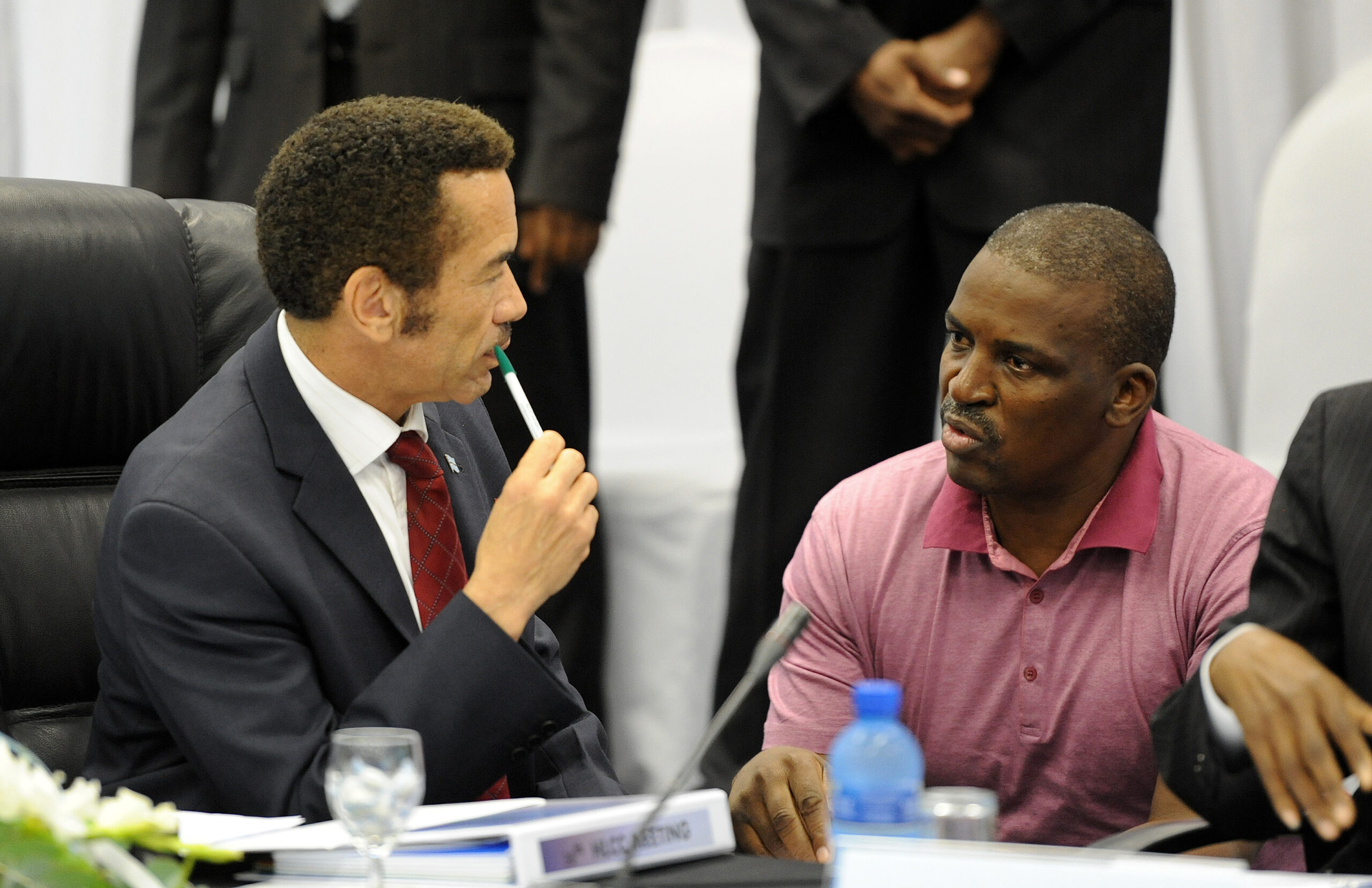- DPP says state will not apologise because apologies are legally outdated
- Tells the court that Botswana’s legal system does not recognise apologies
- Plaintiff s adamant that the state’s honeymoon stage shall pass
TEFO PHEAGE
In its defence of a summons by the former head of the Directorate of Intelligence and Security Service Isaac Kgosi and agent Welheminah Maswabi, the state has said the damning allegations contained in the controversial Jako Hubona of the Directorate on Corruption and Economic Crime (DCEC) docket could be “true or false”.
A reading of the affidavit on which the plaintiffs’ claims are based will clearly reveal that the first respondent (Hubona) specifically indicated that they were investigating allegations that could turn out to be either true or false.
It is significant that he prefaced the allegations with the words “it is alleged …”, reads the DPP’s response on the controversial Bank of Botswana missing P100 billion saga. The state says the investigations are ongoing.
Regarding issuing an apology, the state rejected the demand, saying they will not be doing so as demanded by the two because reparation for a crime or injury formerly consisting in such a formal and humiliating acknowledgment of offence and apology is not part of the law.
In their papers, the state says apologies or restoring honour to an injured or offended plaintiff “long fell into disuse under Roman Dutch Law and does not therefore form part of our law”.
Kgosi, Maswabi and the former president Ian Khama say they were defamed in an affidavit deposed in court late last year by lead investigator of the DCEC, Jako Hubona, to the effect that they had a role in allegedly looting of P100 billion from the Bank of Botswana and financing terrorism, a charge which the state has since withdrawn.
The state has denied that they defamed the trio, pleading with the courts to throw out their case. At some point the state, which has claimed to be still investigating, said Hubona prefaced his affidavit with the word “alleged” and that Hubona cannot therefore be sued in his personal capacity as he was on duty.
However, the plaintiffs, convinced that the state is still on a honeymoon that shall pass, are still adamant that a court exercising equitable jurisdiction has the power to order a person to make an apology, spoken or in writing, in private or in public and to publish the apology in some manner. The plaintiffs further want millions of pula for damages.

